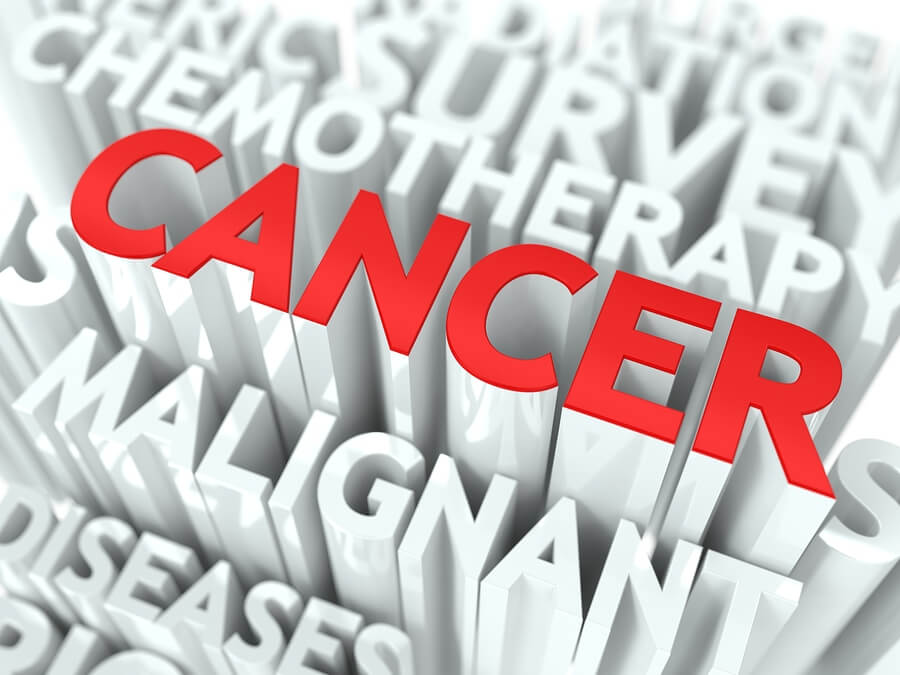Four Things to Learn for Esophageal Cancer Awareness Month
Category:

Around 1 out of 125 men will be diagnosed with esophageal cancer during their lifetime. Around 20% of people with this cancer respond well to treatments, and catching the disease early increases the odds of beating it.
April is Esophageal Cancer Awareness Month. Those are just two things to know about the disease. Here are four things that your family should know about your dad’s risk and treatment options.
Cigarette and Tobacco Use Increases the Risk
Smoking and tobacco use increases the risk of developing esophageal cancer. If your dad still smokes or uses chewing tobacco, he needs to stop. His doctor may recommend medications or therapeutic measures for smoking cessation.
Early Detection Can Lead to Surgical Removal
While most cases of esophageal cancer are not caught early, those that are often require surgical treatment. The incisions may be in the neck, chest, or abdomen. Sometimes, incisions are made in all three areas. The smaller the cancerous growth, the smaller the incision.
At the same time as this surgery, it’s often recommended that some of your dad’s lymph nodes also be removed. It’s normal to have a dozen or more lymph nodes removed at the same time. The tissue is inspected to determine if cancer has spread to other areas of the body.
But, there is a chance that the incision made is going to be large and require incision care. Your dad’s surgeon will provide instructions. It needs to be kept clean and covered as instructed. For some people, incision care is stressful. Nurses can monitor healing and dress the surgical incisions for your dad.
Chemotherapy and Radiation Are Likely
There’s a high chance that your dad’s oncologist will recommend chemotherapy and/or radiation to stop the cancerous cells from growing and spreading. These treatments can make your dad feel ill. Dehydration is one of the possible complications.
Home health care nurses can administer IV fluids and medications to help ease nausea at his home. He won’t have to return to the hospital to get help with the side effects.
There’s a Higher Risk of Pneumonia
After surgery for esophageal cancer, one of the biggest risks while recovering is pneumonia. Your dad should have nurses monitoring him for signs of pneumonia. Fever, shortness of breath, coughing, and chest congestion are all signs.
If he does develop pneumonia, his nurses are there and will talk to his doctors. He can start medications and IV fluids at home and avoid having to return to the hospital.
If he is diagnosed, post-hospital care will make a big difference in his recovery at home. Arrange to have caregivers there to offer mobility assistance, medication reminders and watch for signs of complications from any of the treatments. Post-hospital care can also offer the companionship your senior needs to support their mental health. Learn more about post-hospital care after talking to your dad’s oncology team and determining his care needs back at home.
Sources:
https://www.cancer.org/cancer/esophagus-cancer/about/key-statistics.html
Subscribe
Date: April 6, 2023
Category: